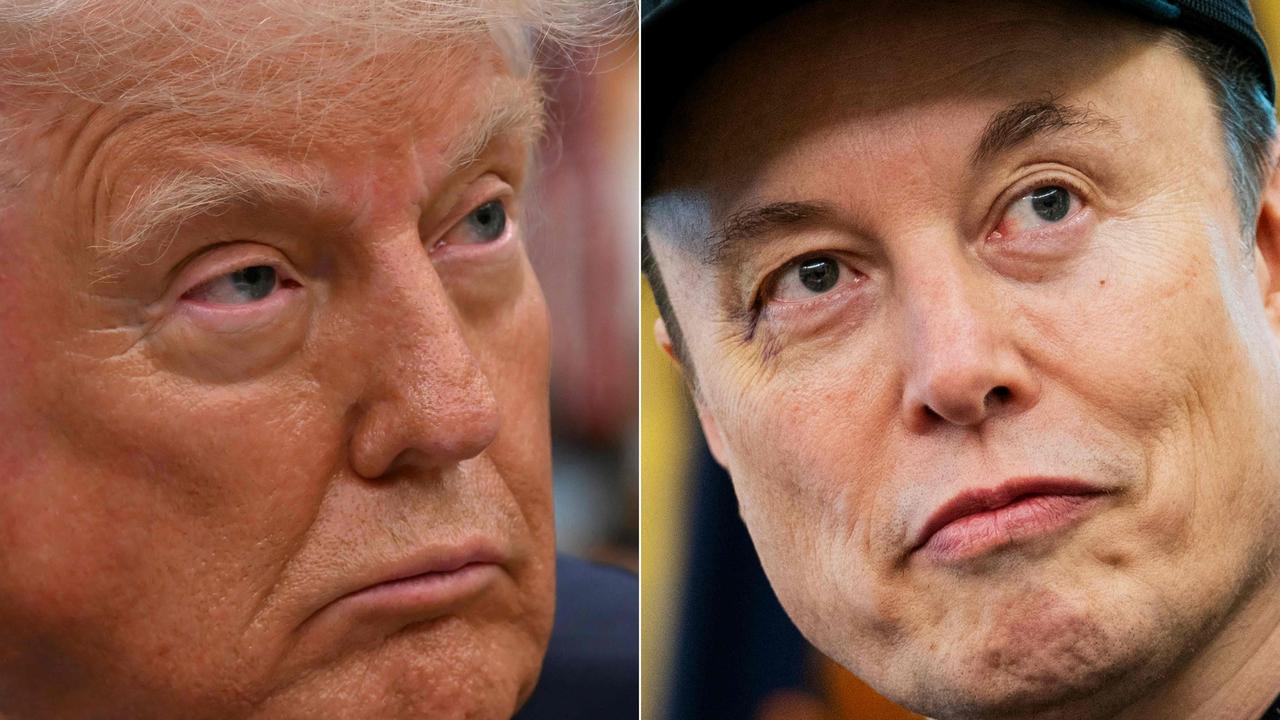Stanley Fischer: US confidence still lacking
WHEN he returned to the US earlier this year after eight years running the Bank of Israel, Stanley Fischer says he had one surprising observation.

WHEN he returned to live in the US this year after eight years running the Bank of Israel, Stanley Fischer had a surprising observation about corporate America.
“I have a slight sense that the animal spirits are not as they used to be,” the now vice-chairman of the US Federal Reserve told The Wall Street Journal’s CEO Council forum in Washington.
Despite the Fed holding interest rates near zero since 2008 and US growth now above 2 per cent and unemployment continuing to fall, Mr Fischer said the level of business investment was “not as high as you would have expected”.
He said it would take more time for society to trust business and the banks again after the disaster of the global financial crisis and noted productivity growth was still “way way down”.
His comments were backed by the latest quarterly survey findings of the Business Roundtable. It found CEOs from major US companies did not expect strong US economic growth in 2015.
Still, a snap poll of executives attending the CEO Council forum found that 77 per cent would focus their investment in the US next year. Only 13 per cent said China would be their biggest focus. In their eyes, Europe remains the biggest risk to the global economy in the year ahead.
With their focus fixed on home, Mr Fischer had an important message for the CEOs — including News Corp chairman Rupert Murdoch and CEO Robert Thompson — that assembled at Washington’s Four Seasons Hotel: the US was still “far from a normal situation”.
“We’ve almost got used to zero being the natural place for interest rates. It is far from it. We need to start thinking about what is going to happen in the year or years to come as we go back to a normal situation,” he said.
He said the first rate rise would be very important after the Fed in October ended its bond-purchase program. Economists expect US interest rates to start rising in the middle of next year.
“There is a process that is being set off when the first step starts — interest rates are going to go up and they are going to keep going up for some time, ” he said.
He said the Fed would continue to be driven “by the data”.
“We don’t want to surprise markets. On the other hand, we can’t give precise estimates about dates that we don’t know, and that’s why the emphasis always goes back to the data,” he said.



